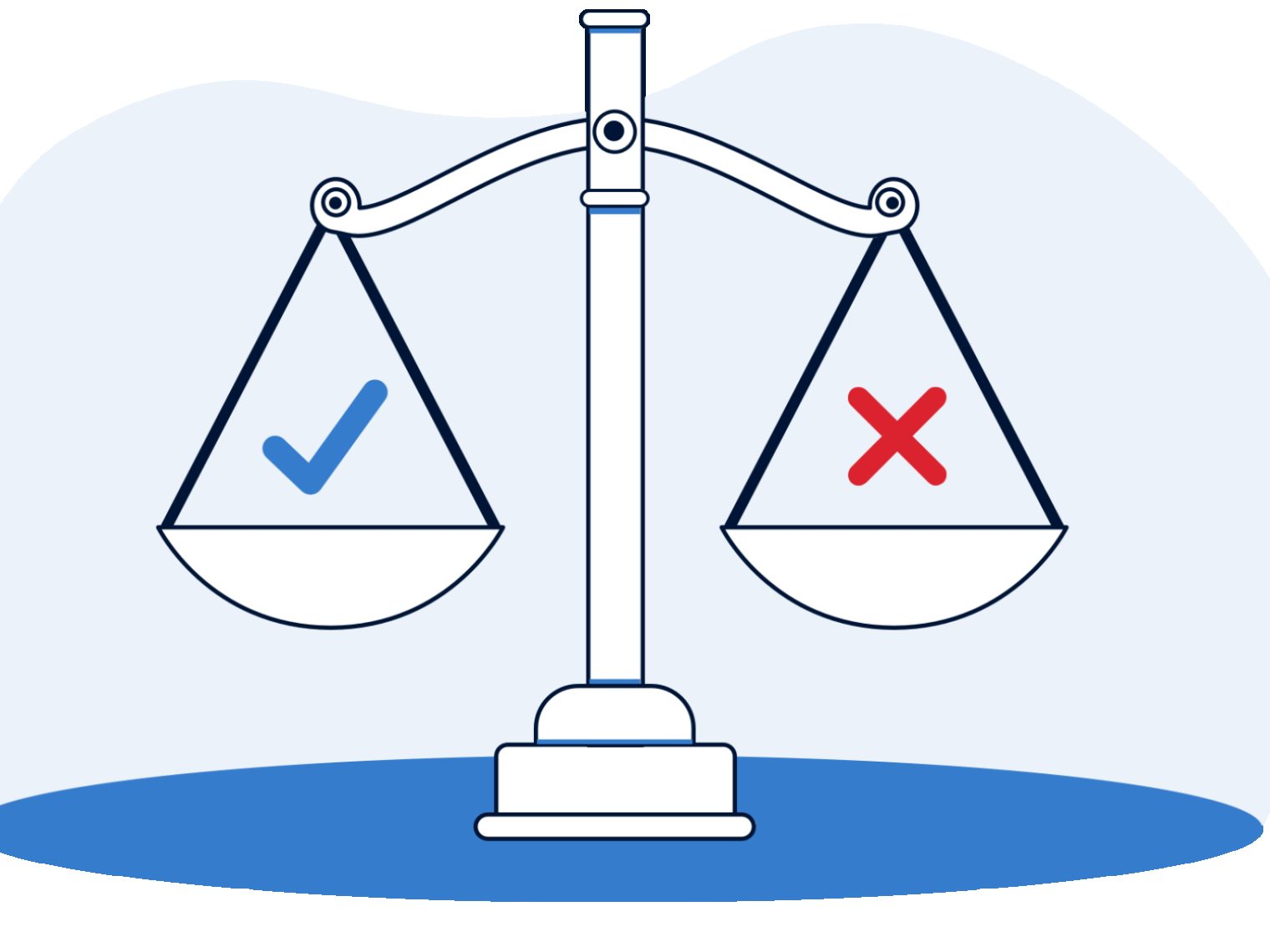Prospective buyers can look to land a VA home loan using part-time income. But you’ll typically need a solid track record of receiving that income to make it work.
VA lenders want to get a good handle on the stability and reliability of all income, especially sources more susceptible to fluctuation. Part-time employees may encounter more obstacles with a VA loan due to the lack of consistent income.
Let’s dive into how part-time income affects qualifying for a VA loan.
Can I Get a VA Loan With Part-Time Income?
Yes, as long as your income is stable and reliable. Lenders want to ensure you have enough income to make monthly mortgage payments. You most likely will need to provide recent paycheck stubs and a two-year work history from the part-time employment.
Calculating Part-Time Income
Lenders will closely examine your total part-time income over the last couple of years. They’ll be on the lookout for signs that it’s increasing or decreasing, and they’ll often take a conservative approach with a focus on more recent earnings.
With part-time work, lenders will also take a close look at the hours you work. Stability in the number of hours worked per pay period is a significant factor taken into account.
Again, every lender and every part-time income situation is different.
For example, let’s say you’ve had the same part-time job for the last two years. If your income has been consistent, lenders might calculate your average monthly income using those past two years plus your current year-to-date income.
If you’re looking to purchase in July, the lender might calculate an average based on your income over the last 30 months -- 24 months for those two full years plus the first six months of the current year.
Things can start to get tricky if your income hasn’t been consistent, namely if you’re making less money now than you were a year or two ago.
In these cases, lenders might put much greater emphasis on your recent earnings when calculating your average income or identify you as a risk if your part-time income has fallen sharply over the last couple of years.
Part-Time Income Exceptions
Even if you’re not ultimately able to count your part-time income as effective income toward a mortgage, it can still be a big help on the road to homeownership.
Some lenders may be willing to allow you or a co-borrower to offset certain debts using part-time income. In other words, lenders might not count your co-borrower’s part-time income, but they may be willing to use it to cancel out some of their monthly installment debts. That can help keep your debt-to-income ratio and residual income figures in check.
There may be exceptions or workarounds depending on the lender and your specific situation.
One example may be if a borrower transitions from full-time to part-time work with the same company. In that situation, lenders may be willing to move forward with 12 months on the part-time job, provided the part-time income has stayed consistent.
Also, if you do not have a two-year work history to show stability, VA loans allow for compensating factors.
It’s important to know every situation is different, and there are no guarantees. You can go over your specific circumstances in detail with a Veterans United loan officer at 855-259-6455.
Related Posts
-
 VA Renovation Loans for Home ImprovementVA rehab and renovation loans are the VA's answer to an aging housing market in the United States. Here we dive into this unique loan type and the potential downsides accompanying them.
VA Renovation Loans for Home ImprovementVA rehab and renovation loans are the VA's answer to an aging housing market in the United States. Here we dive into this unique loan type and the potential downsides accompanying them. -
 Pros and Cons of VA LoansAs with any mortgage option, VA loans have pros and cons that you should be aware of before making a final decision. So let's take a closer look.
Pros and Cons of VA LoansAs with any mortgage option, VA loans have pros and cons that you should be aware of before making a final decision. So let's take a closer look.


